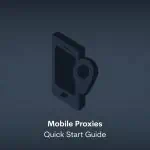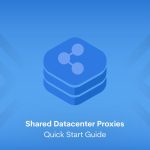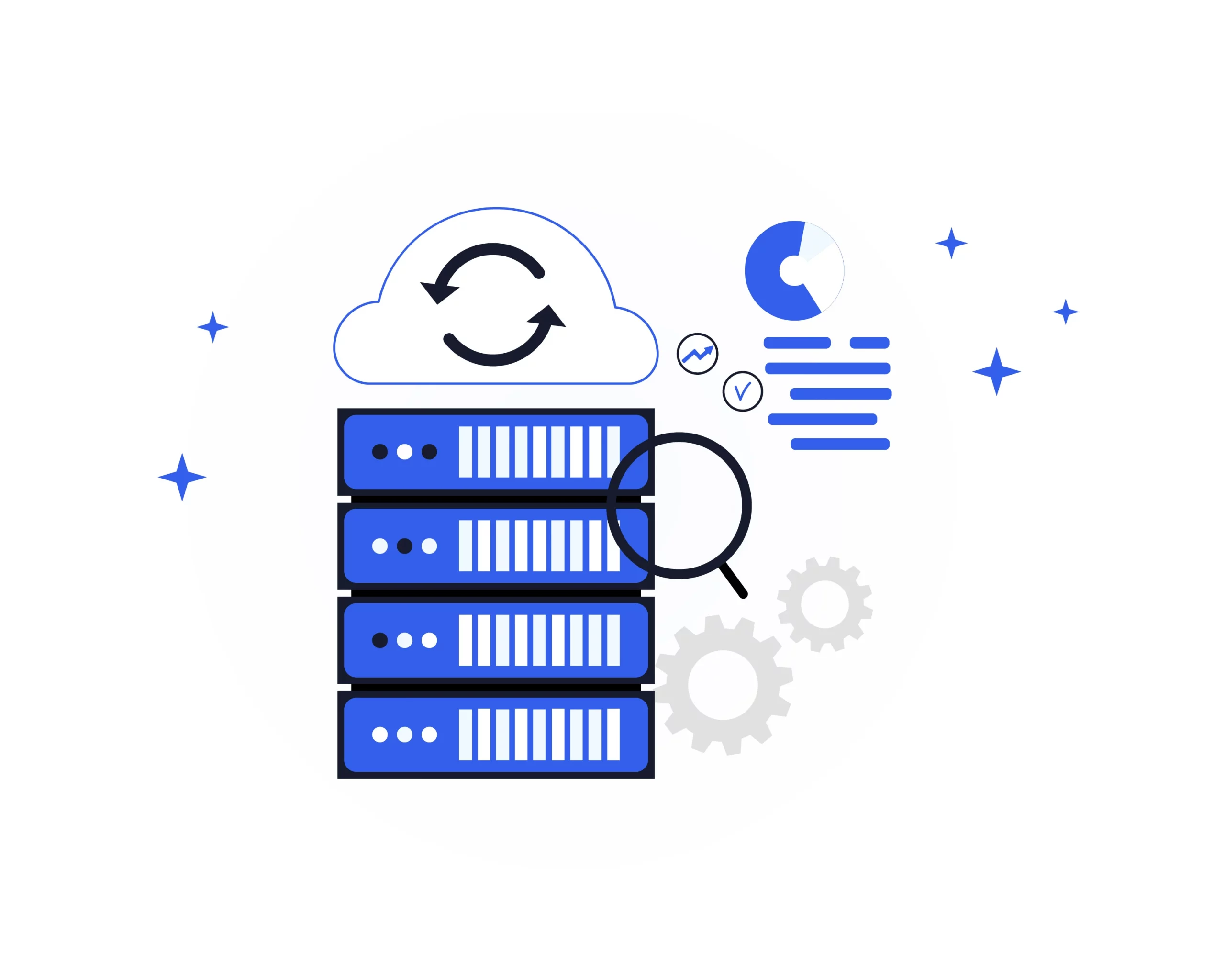Businesses that want to stay competitive in the ever-changing digital world need access to accurate and comprehensive data. Mozenda is a powerful web scraping tool that makes it easy and quick for companies to get data from websites. But when scraping a lot of global data, it’s essential to use proxies. Proxy servers let you get around limits and ensure data extraction goes smoothly and reliably. This post will discuss the importance of proxies for Mozenda and how to scrape world data successfully.
Why Use Proxies for Mozenda
IP Address Diversity
Keeping a diverse set of IP addresses when scraping data from various sources is essential. Proxy servers let you send your requests through different IP addresses, so it looks like they come from different places. This makes it harder for websites to figure out what you’re doing and stop you, so you can keep getting data without interruption.
Overcoming Rate Limiting and Blocking
Websites often use rate-limiting and blocking tools. This is to keep people from scraping their data too much or getting in without permission. By switching between a pool of proxies, you can spread your requests across many IP addresses making it less likely that these limits will be triggered. Proxy servers let you scrape faster without getting blocked to get more data in less time.
Geolocation Targeting
Scraping global data often means getting information from websites that are only available in certain areas and have content that is only relevant to that area. Proxy sites let you send your requests to servers in other countries. This enables you to target specific countries. By using proxies with Mozenda, you can scrape data from different regions. This gives you access to critical information from all over the world.
Choosing the Right Proxies for Mozenda
Not all proxies are the same, so choosing the right ones for web scraping with Mozenda is essential. Here are some things to think about when picking proxies:
1. Proxy Type: Residential or Datacenter
Residential proxies are IP addresses that are given to real devices. This makes them look more normal and less likely that websites will notice them. On the other hand, data center proxies are not connected to ISPs. They can give you faster speeds, but you might be found out more easily. Choose the proxy type that fits your scraping goals based on your needs.
2. Proxy Pool Size and Location Coverage
A trustworthy proxy service should have a large pool of proxies. This will ensure enough proxies are available and reduce the chance of IP blocks. Also, the service should have proxies in different countries so that you can scrape data from all over the world. When choosing proxies for Mozenda, give the most weight to providers that offer a wide range of services and good performance.
3. Proxy Rotation and Session Persistence
Efficient scraping often requires rotating proxies to avoid discovery and ensure continuous data extraction. Look for proxy providers with options like automatic proxy rotation or keeping your session open. With these features, you can keep scraping even if some of your proxies are blocked or have their speed slowed down.
Best Practices for Scraping Global Data
Follow these best practices for web scraping with Mozenda and proxies to get the most out of your work:
1. Throttle Requests
Implement request throttling to keep target websites from getting too many requests at once and to lower the chance of being caught. To throttle, you spread your requests over time, just like a person would. Change the request frequency based on how the target website handles it. This is to make sure scraping goes smoothly and without interruptions.
2. Use Reliable Proxy Management Tools
A proxy management tool or service can help your scraping activities run more smoothly. Most of the time, these tools can automatically change your proxy, find your IP address, and check your proxy’s health. By taking advantage of these features, you can improve the speed and accuracy of your data scraping jobs with Mozenda.
3. Implement User-Agent Rotation
In addition to using proxies, changing your User-Agent headers is another good way to avoid getting caught. This also keeps websites from figuring out what you’re doing. The user-Agent cycle means you always change the information sent with your requests about who you are. This makes it harder for websites to track and block your scraping efforts.
4. Handle Captchas and JavaScript Challenges
Some websites employ captchas and JavaScript challenges to defend against automated scraping. It’s essential to have ways to deal with these problems when scraping global data. Proxy providers often have ways to get around captchas and JavaScript tasks so data extraction can continue without interruption.
5. Monitor Proxy Performance
For your scraping activities to keep working, you need to monitor how your proxies are doing regularly. Check things like the speed, latency, and uptime of your link. If you find that some proxies aren’t working well, you should replace them immediately to ensure that data scraping goes smoothly and reliably.
Conclusion
You must use proxies for effective and efficient web scraping of global data with Mozenda. Proxy servers give you a different IP address and get around rate limiting and blocking. They also make geolocation targeting possible. You can get the most out of your scraping efforts by following best practices and keeping up to date on the newest techniques. This enables you to gain valuable insights from around the world. Use the power of proxies with Mozenda to improve your ability to get info.






